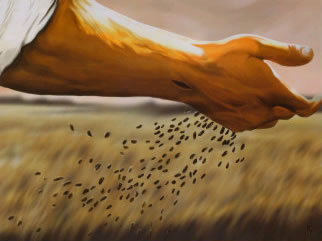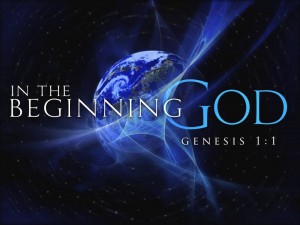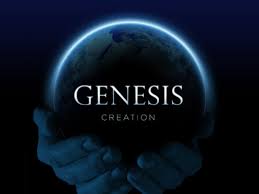It’s 2 am. I just finished my thesis, and will turn it in tomorrow around 10 am (barring any printing problems).
Topic: Honor and Shame Before the Judgment Seat of Christ
Pages: 60
Words: 16,936
Footnotes: 183
My bottom line conclusion: We haven’t scratched the surface of beginning to understand the New Testament. (Isn’t that encouraging?) It’s probably not that bad…but it’s 2 am, and I’m a bit sick of my thesis.



 I’ve been mulling over the Parables of the Four Soils for several years.
I’ve been mulling over the Parables of the Four Soils for several years.

 I sat under Dr. Johnston while I was in seminary, and along with this information about Genesis 1, he taught seveeral other ideas that challenged some of my traditional theology. I wrote about
I sat under Dr. Johnston while I was in seminary, and along with this information about Genesis 1, he taught seveeral other ideas that challenged some of my traditional theology. I wrote about  Personally, I think the strongest way to teach Genesis 1 is to teach it with the message Moses originally intended. And what is that message?
Personally, I think the strongest way to teach Genesis 1 is to teach it with the message Moses originally intended. And what is that message?